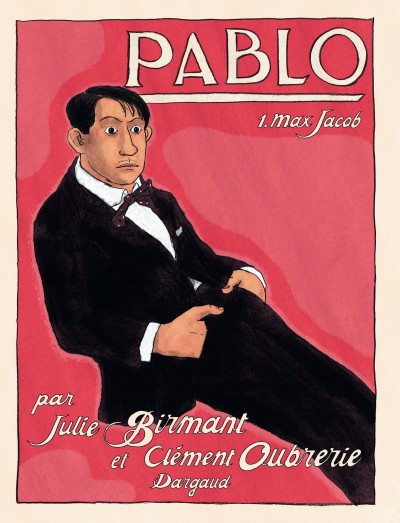
She had to admit the sight was stunning, though. There were squat ships and circular ships, brightly coloured ships and severe black, white and grey ships, ships made to resemble birds or giant fish; there were ships which seemed spun from spiders' webs and hung with silvery droplets of dew, ships so massive they looked as if they would sink into the super-reinforced concrete of their pads. A million shades of metal flashed and clashed in the crowded port. Peoples of every race and manufacture walked between the gantries or sailed above them in open air-cars leaking colour. And when the atmosphere testers came on, the new arrivals were hit by a sea of scents out of which it was possible to detect burning metal, fuels of every kind, plants, bodies, cooking food, the life-gasses of a thousand worlds.
— from The Coming of the Terraphiles (Or, Pirates of the Second Aether!!), by Michael Moorcock.
I'm a little embarrassed to admit that I'm reading a Doctor Who novel. I've been curious for years, thinking it might be just the thing to ward off serious withdrawal symptoms (or boredom) between television seasons. But it's not just any Doctor Who novel. It's one written by Michael Moorcock, whom many consider to be an author of very respectable science fiction and fantasy — that is, if your definition of respectable includes free-wheeling attitudes toward sex and drugs and rock and roll. As a bonus, this Doctor Who adventure features a journey into the Second Aether, and an encounter with a pirate captain, who is an incarnation of none other than the infamous and too-charming-to-be-trusted time-travelling superhero Jerry Cornelius, whose chronicled adventures I read back when I was 16.
The first section of the book concerns the Terraphiles, a group of hobbyists who delight in the reenactment of all things ancient Earth, where their idea of ancient coincides with early 1900s and, not surprisingly, many of the details have been lost in translation over the centuries, and the theft of a hideous designer hat.
When opened, the box revealed the most stomach-turning confection of poisonous colours, ebony, feathers, gauze, ivory, bits of silver, gold and presumably platinum wire plus a whole shower of precious stones mined from the bowels of a hundred planets, four multifaceted gems resembling eyes, the whole more than adequately arching over its generous brim of about a meter and a half around his spouse's head and bearing an uncanny likeness to a Shummyunny, the predatory arachnid occupant of Perseus IX, which was actually the creature of nightmares. Certainly of Mr B-C's nightmares. These said creatures were inclined to fill him with a mixture of nausea, dizziness and an irresistible tendency to race into the world cawing like a rook and tearing off all his clothes until he had located a small, dark space into which he could lock himself and give vent to his inevitable diarrhoea.
For the most part is sounds rather cheerio, as if Douglas Adams had adapted an Agatha Christie novel for a movie starring Cary Grant.
The latter portion of the novel is more sci-fi-y with the dangerous gravitational pull of black holes, contact with antimatter, dark tides, and life-threatening time storms. And pirates. It looks like this group of Terraphiles is being deliberately thwarted from reaching Miggea, where they are to play a championship tournament in some weird "authentic-Earth" sporting event (the Doctor's on the team). It's suspected that the trophy may be more than it appears to be.
Or maybe the journey is being kept off course because of the hat.
There's nothing particularly deep or especial about this novel, and it does nothing to enhance the characterizations of the Doctor and companion Amy Pond or expand the Doctor Who canon, but it is a great deal of fun.






